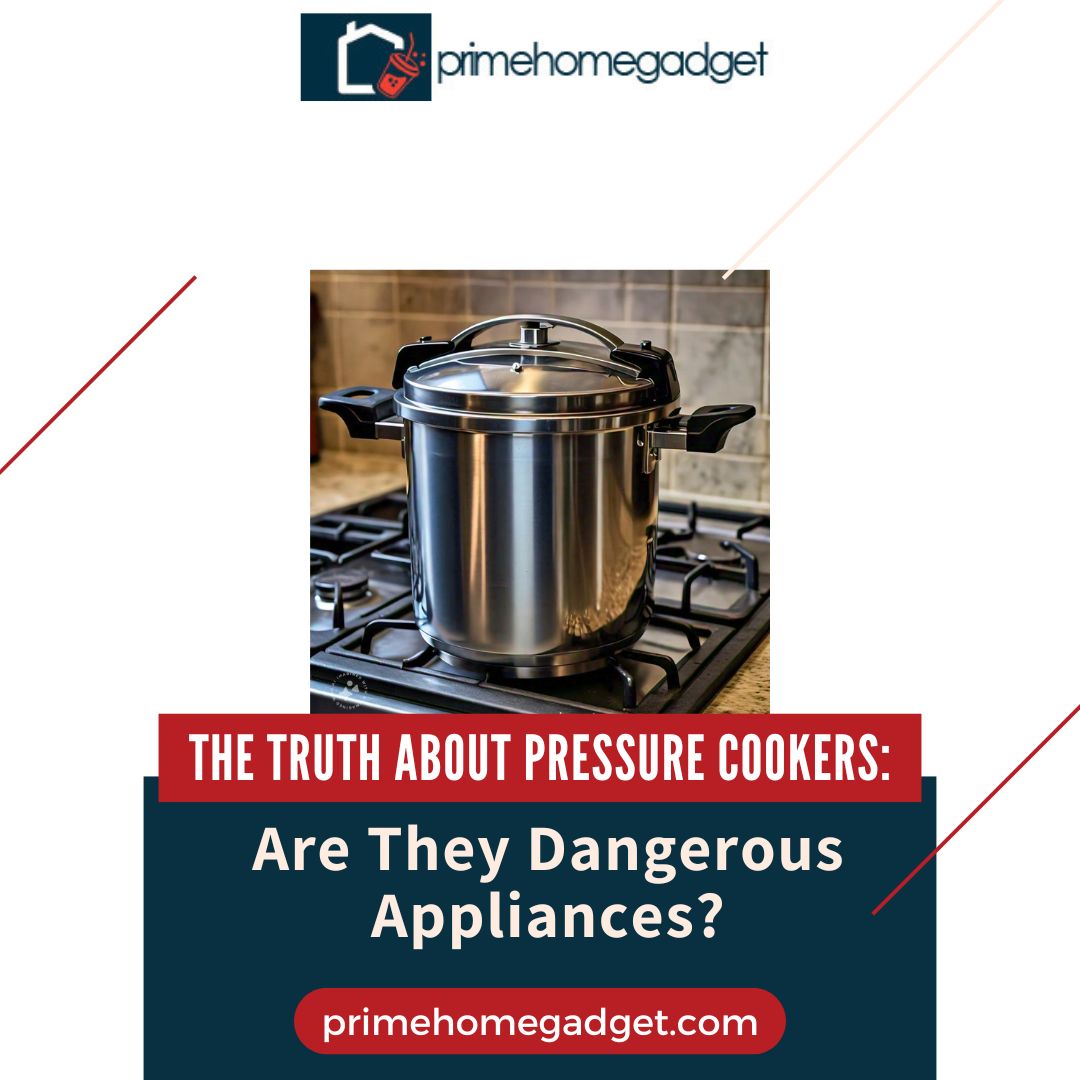Pressure cookers have been a staple in kitchens for decades, praised for their ability to cook meals quickly and efficiently. However, there’s a persistent question that often gives pause to potential buyers and even experienced cooks: Are pressure cookers dangerous appliances? In this blog post, we’ll explore the safety aspects of pressure cookers, debunk common myths, and provide you with the knowledge to use these time-saving devices with confidence.
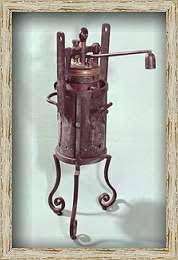
The Evolution of Pressure Cooker Safety
Pressure cookers have come a long way since their inception. The first pressure cookers, invented in the 17th century, were indeed bulky and potentially hazardous. However, modern pressure cookers have undergone significant advancements in technology and safety features. Today’s models are designed with multiple safety mechanisms that minimize the risk of accidents, making them safer than ever before.
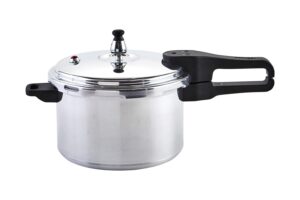
Old vs. New: A World of Difference
Early pressure cookers were often made of aluminium and had simple locking mechanisms. While effective, they lacked the sophisticated safety features we see in modern models. Today’s pressure cookers are typically constructed with high-quality stainless steel and incorporate multiple safety mechanisms to prevent accidents.
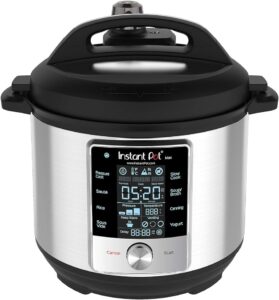
Modern Safety Features
Contemporary pressure cookers are equipped with an array of safety features that make them remarkably safe to use. Let’s explore some of these key features:
- Pressure Release Valves: These valves automatically release excess pressure if it builds up beyond safe levels.
- Locking Lids: Modern lids have interlocking mechanisms that prevent the cooker from being opened while under pressure.
- Safety Valves: Secondary valves act as a backup in case the primary pressure release valve fails.
- Pressure Indicators: Visual indicators show when the cooker is under pressure, alerting users not to attempt opening it.
- Silicone Sealing Rings: These create an airtight seal and are designed to expand under high temperatures, enhancing safety.
Common Myths About Pressure Cookers
Myth 1: Pressure Cookers Can Explode
One of the most pervasive myths is that pressure cookers can explode. While older models might have posed some risk, modern pressure cookers are equipped with several safety features to prevent such incidents. These include:
Safety Valves: These valves release excess pressure to avoid dangerous buildup.
Locking Mechanisms: The lid cannot be opened until the pressure has safely decreased.
Pressure Indicators: These show the pressure levels inside the cooker, so you know when it’s safe to open.
Myth 2: They Are Difficult to Use
Another common misconception is that pressure cookers are complicated to use. On the contrary, many modern pressure cookers are designed to be user-friendly, with intuitive controls and preset cooking programs for various dishes. Once you get the hang of it, you’ll find that using a pressure cooker is straightforward and convenient.
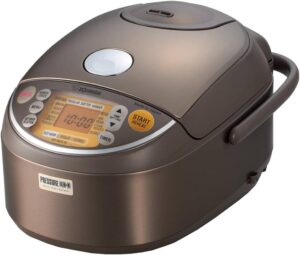
Key to Safe Usage
While modern pressure cookers are inherently safe, proper usage is crucial. Here are some tips to ensure safe operation:
- Read the Manual: Always read and follow the manufacturer’s instructions.
- Inspect Regularly: Check the sealing ring, valves, and lid for wear and tear before each use.
- Don’t Overfill: Follow guidelines for maximum fill levels, typically 2/3 full for most foods and 1/2 full for foods that expand.
- Clean Properly: Keep the cooker clean, especially the valves and sealing ring.
- Use Appropriate Heat: Once full pressure is reached, reduce heat to maintain pressure without overheating.
Release Pressure Safely: Follow the recommended method for your recipe, whether it’s natural release or quick release.
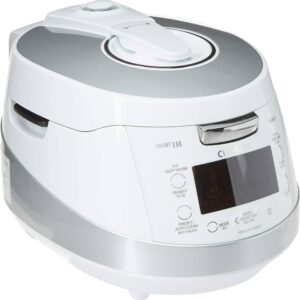
Why You Should Consider Buying a Pressure Cooker
Despite the myths and misconceptions, pressure cookers are incredibly safe and versatile appliances that can revolutionize your cooking experience. Here are some reasons why you should consider adding one to your kitchen arsenal:
1. Time-Saving
Pressure cookers significantly reduce cooking times, making them perfect for busy lifestyles.
2. Nutrient Retention
Cooking under pressure preserves more nutrients in food compared to traditional cooking methods.
3. Energy-efficient
Pressure cookers use less energy because they cook food faster, which is both eco-friendly and cost-effective.
4. Versatile Cooking
From stews and soups to rice and desserts, pressure cookers can handle a wide range of recipes, offering culinary flexibility.
5. Convenience
Many modern pressure cookers come with preset cooking programs, making meal preparation easy and stress-free.
In conclusion, are pressure cookers dangerous appliances? The answer is a resounding no—at least not when we’re talking about modern, well-maintained pressure cookers used according to instructions. Like any kitchen appliance, from gas stoves to blenders, pressure cookers require proper use and care. When these simple guidelines are followed, pressure cookers are not only safe but can become one of the most valuable and time-saving tools in your kitchen arsenal.
If you’ve been hesitant to try a pressure cooker due to safety concerns, it’s time to put those fears to rest. With their advanced safety features and the proper knowledge on how to use them, pressure cookers can open up a world of quick, delicious, and nutritious meals for you and your family. Embrace the efficiency and culinary possibilities that come with pressure cooking, and enjoy the peace of mind that comes with knowing you’re using a safe, modern appliance.

